
The widespread use of smartphones has contributed quite significantly to the emerging app industry. As it is easier to rivet users within the boundaries of their smartphones, apps can be a wonderful platform to present any theme with minimal advertising and maximum incentives. The market is brimming with a variety of free and open-source mobile app development software.
However, developing an entire app is not child’s play. It is a precise working area that demands a variety of technical prerequisites. Other than that, app development requires contractors for launching, advertising, and test runs, which is obviously a matter of huge monetary investment, and not everybody has access to it.
Table of Contents
Developing an app on a free platform
So, we see that coding is not the only prerequisite when it comes to app development. Nevertheless, the app market is too lucrative to step out of right now. Thus, it becomes necessary for the ones who lack substantial funds to find refuge in free and open-source app development software.
With nearly 33.6 billion app downloads in the past year, the app industry is deemed to be a growing market. In fact, the studies suggest that these download figures will reach 139 billion by 2024.
Alternatively, not all businesses have the resources to grab the profits this industry dishes out. As a matter of fact, the starting investment figures for the app development industry amount to more than 10,000 dollars alone.
This is the sole reason why free and open-source mobile app development software are the best layout to chip in your potential application development program with little to zero financial aid.
What is free and open-source mobile app development software?

Free and open-source are two different concepts in the app development software area. Free app development software is the software that extends a wide range of tools and resources required to execute the app development framework with freedom. The open-source software is a software module that is open to user alterations, modifications, and changes without any license issues or violations.
Open-source software allows users to carry out different functions and add features with ease, which in turn contributes towards the building of a versatile app.
The best part about using free and open-source software for app development is –
- These software packages are easier to download
- Software costs no execution charges or license renewal fee
- Coding is easy and quicker
- License expenses are minimal
- Scaling and consolidating are easier
- It is stacked with abundant support channels
Therefore, free and open app development software is the best option for those with no prior coding experience or capital. Here we have shortlisted some of the best free and open-source mobile app development software that you should can consider.
1. Flutter
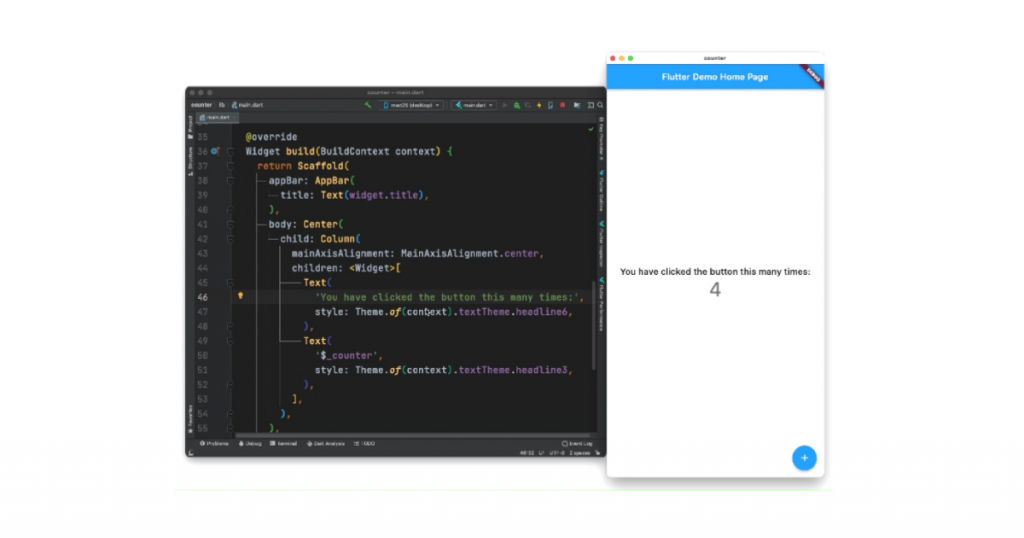
Flutter is one of the most recognized free mobile app development software, especially cut out for hybrid applications. Although it is a new addition to the mobile development space, the features it extends ascend its usability to the top. It is written in basic languages that include:
- C
- C++
- Skia Graphics Engine
Flutter is one of the best UI toolkits offered by Google. It allows users to create mobile, desktop, and web applications all via a single codebase. Moreover, you don’t have to restart the application during app testing. Plus, it extends the Hot Reload functionality, which empowers a stress-free and fully optimized development environment.
Now that we are done with the introduction part, let us analyze the features of Flutter, which makes it undeniably outstanding to users.
Features
- Consolidates all basic and crucial platform differences like icons, navigation, scrolling, and fonts
- Create accessible plugins via channels that can be used by every individual user
- Extends a wide variety of customized tools and widgets that administrates swift and fast execution and development of an app
Pros
- Fast in speed, native interfaces are built relatively quick
- Expressive
- The UI is flexible
Cons
- The library collection lacks a variety
2. PhoneGap
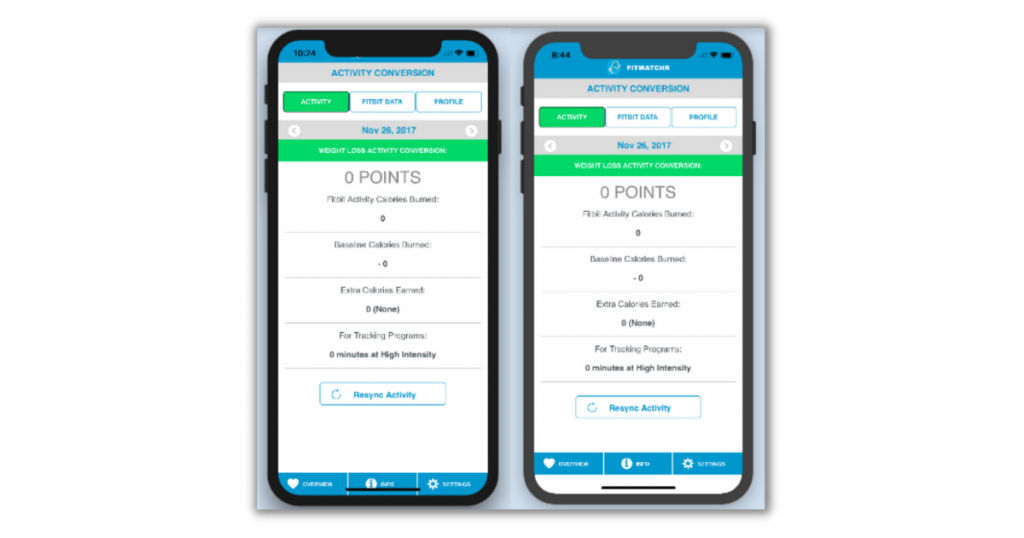
PhoneGap is a famous mobile app development software that enables you to create hybrid applications. The best part about using PhoneGap is that the developer does not need a strong technical background.
With PhoneGap, you can start app creation without knowing any mobile programming languages. Instead, you can begin your app development with languages like HTML, JavaScript, and CSS. As a matter of fact, it empowers developers to create a versatile and platform-independent app within a single codebase.
As we have shed enough light on PhoneGap, let us delve into its features, pros, and cons. These points will help you draw a better conclusion.
Features
- Independently operates on multiple operating systems, including Android, iOS, and Windows
- Enables users to alter, view and modify changes easily
- Integrated various libraries easily for app development
Pros
- Development and testing are rapid and efficient
- Multiple platforms run on a single codebase
Cons
- The software lacks rich UI widgets
3. Xamarin
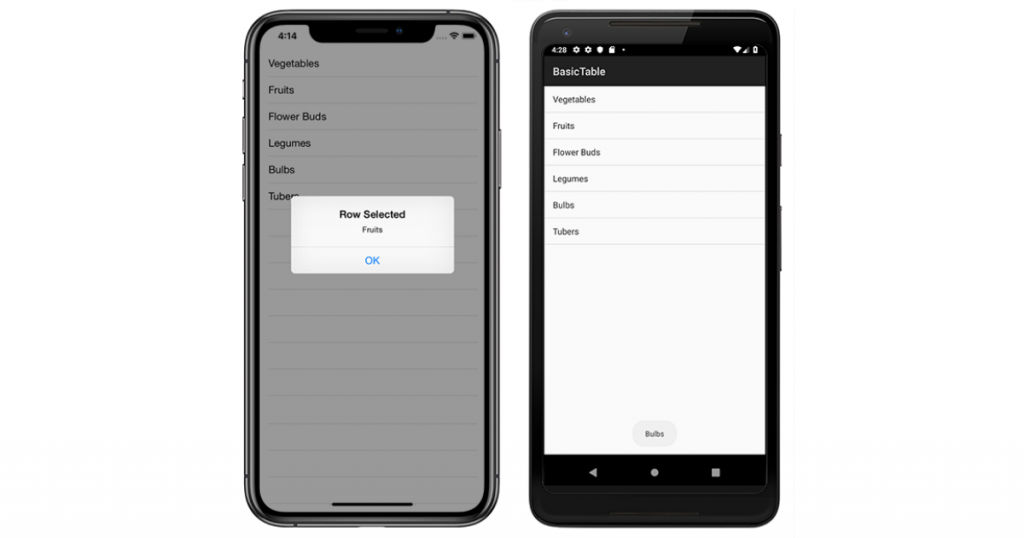
Xamarin is yet another free and open-source mobile development software designed by Microsoft. It was first launched in 2011 with a set of predefined tools that enabled developers to build mobile apps that supported multiple operating systems, including Android, iOS, and Windows. And all of this could be done using a single programming language.
Xamarin is quite popular among developers as it uses the basic C# language in its framework. Moreover, it offers a valuable test feature that enables users to test the app on 2,000 real mobile phones, apart from the Xamarin Test Cloud system.
Here are some key features that make Xamarin stand out in the market.
Features
- Provides a place to create cross-platform user interfaces
- Extends the feature of a real-time testing module, which makes error detection and error correction quick and easy
- Incorporates native APIs, backend services, and modern components easily
Pros
- Offers the flexibility of .Net and C#
- Technically supported by Microsoft
Cons
- Not suitable for game development
4. Mobincube
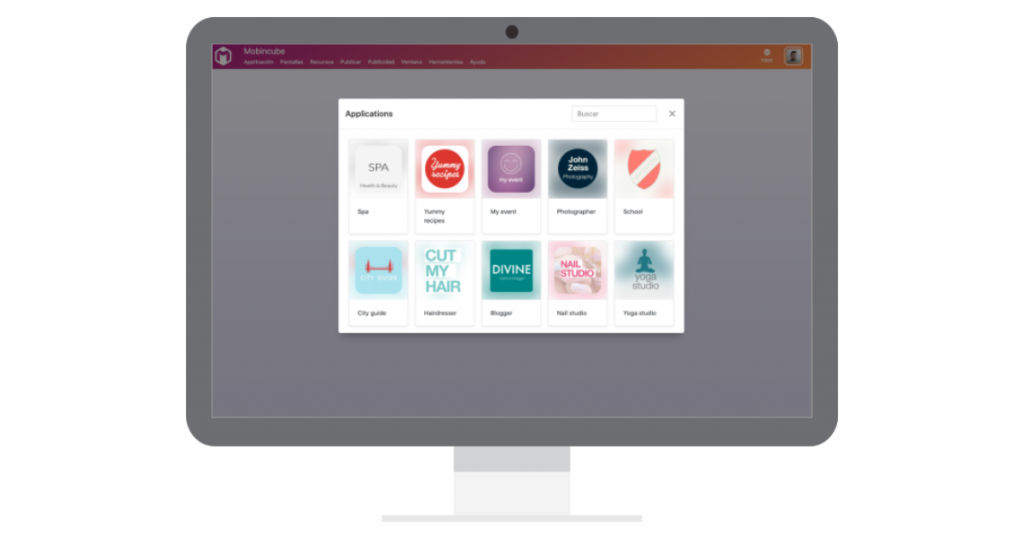
Mobincube is another free and open-source app development software; however, it mainly targets web-based apps. The reason for its popularity is that it needs little to zero coding knowledge to work with.
You could start working here with no prior knowledge of any programming language. It comes with a toolkit that allows users to design, customize and modify every minor detail of code, lets them create mobile stores, and design advanced functions and features.
Apart from all these things, Mobincube is known to have an excellent user interface. It could be useful for any category of app development, be it educational, entertainment, health, etc.
Now that we are thorough with the basic introduction of Mobincube, let us shed some light on its features, pros, and cons.
Features
- Enables users to add their own POIs on maps
- The platform easily integrates third-party solutions within the app
- It lets users deploy their created apps on multiple platforms like Google Play, Amazon, etc.
Pros
- It is highly flexible
- It offers a full-fledged customization
Cons
- Comes without a user manual
5. Ionic
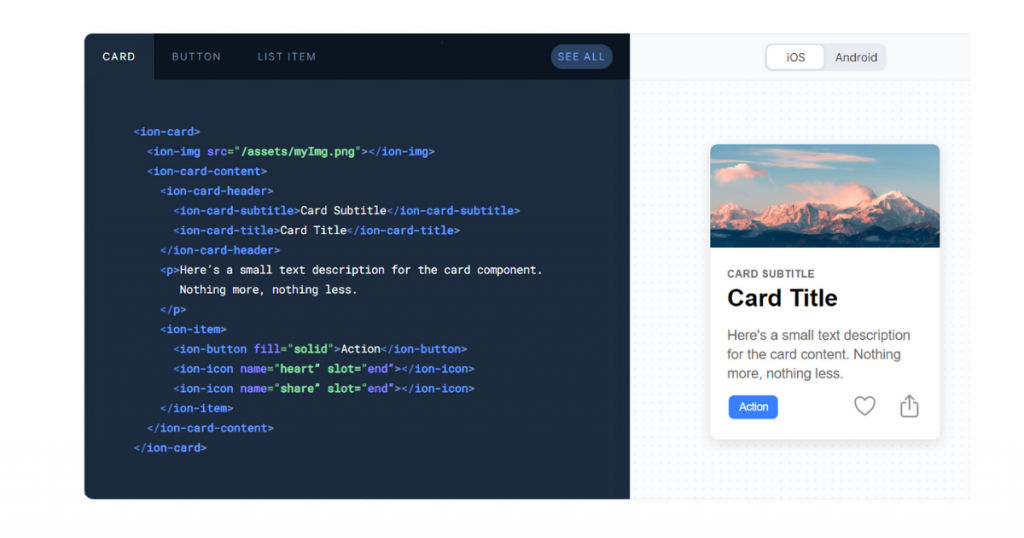
Ionic is a mobile development software that is both free and open-source and supports hybrid app development. It lets users build applications on multiple platforms like Android, iOS, and Windows.
Apart from this, it offers an intuitive UI component that accelerates the process. Moreover, it can be virtually deployed anywhere.
Features
- Allows Cordova-based app development
- Incorporates various paradigms, typography, mobile components, and other extensible themes
- Covered by MIT license
- Written in JavaScript
Pros
- Excellent integration capabilities
- Ease of learning and use
- Implementation of popular technology
Cons
- Lacks the feature of hot reloading
Conclusion
The mobile app development software mentioned above are all open-source and free. These software empower users to design an app with the right framework. Free and open-source software eliminates the hurdles of coding and financial boundaries that many novice developers face during app development. All the software suggested here have their own pros and cons; however, they all work well under specific requirements. Every app project is cut out to be different; therefore, after all, it is up to the user to decide which software would complement their ideas well.
If you want to explore more software options, check out the list of top application development software.
Also read:
• 5 Free and Open-Source Digital Signage Software for Effective Business Communication



![10 Best Free and Open-Source Landscape Design Software in 2024 [Updated] SaaSworthy Blog Header](https://images.saasworthy.com/blog_latest/wp-content/uploads/2021/04/Blog-Header-Image.png)


